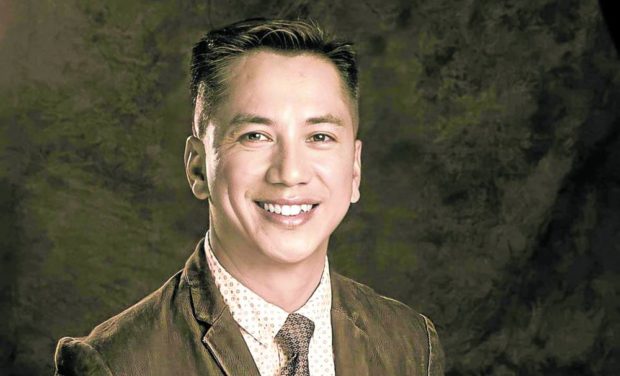In Baguio, parents step in to improve kids’ reading
BAGUIO CITY—Parents in this city are volunteering to organize reading sessions and hold tutorials after studies conducted during the pandemic showed that only four in 10 pupils age 9 to 12 here could read properly without instruction.
In an interview on Tuesday, lawyer Ronald Perez, president of the Parent-Teacher Association (PTA) in the Cordillera, said many of them anticipated the educational problems that arose because of disruptions caused by community lockdowns and strict health and mobility protocols due to COVID-19.
“Parents are the primary teachers of their kids, and classrooms are their secondary source of education,” Perez said.
Cyrille Gaye Miranda, spokesperson for the Department of Education (DepEd) in the Cordillera, said the results of pretests and posttests for English reading levels in Grade 7 showed “an increase from 31.3 percent to 43.5 percent in the independent level.”
Citing a report of the Baguio Schools Division Office (SDO), Miranda said the test results meant that “four in 10 learners could read independently with almost perfect oral reading and excellent comprehension” without the help of a teacher.
Article continues after this advertisementThe tests were part of DepEd’s Philippine Informal Reading Inventory assessment that covered school year 2021–2022, which was presented at an education summit here on Jan. 20.
Article continues after this advertisement“Learners who were previously categorized as instructional level—those who profit the most from teacher-directed instructions—had already become independent readers,” the SDO said in a Viber message, crediting “the effective interventions used by teachers.”
Experimental
Perez said parents would help enforce experimental programs initiated as early as 2020, such as after-school gatherings where younger grade school pupils can interact and read books aloud to help them master English or Filipino.
Communal reading sessions for children were pushed by former La Trinidad, Benguet Mayor Edna Tabanda in 2020 when schools were closed and children were restricted at home because of the health crisis, Perez said.
“Parents like her (Tabanda) realized that closing schools will disrupt the learning momentum of schoolchildren unless we intervene,” he said.
From 2020 to mid-2022, schools provided lessons using weekly activity workbooks or through prerecorded lectures that were delivered online or broadcast over television and radio.
“Baguio piloted many initiatives put up by parents and teachers like Soraya Faculo to continue kids’ education. We pushed for the resumption of in-person classes for three days each week, for example, in the early part of the pandemic,” Perez said. Faculo is now the Ifugao schools division superintendent.Perez added: “But [then President Rodrigo Duterte] decided schools must remain closed, so most of our plans could not move forward.”
Perez said parents were also caught off guard because they did not have the training to continue classroom lessons at home while looking for income sources because all businesses were closed.
Some parents were unable to buy devices, or have internet access, which were required by distance learning, he added.
Because of that experience, parents would start community-level support groups by tapping volunteer tutors in barangays, Perez said.
He said the PTA would also review, improve and reintroduce a “Parents Academy” that would provide teaching skills to parents and guardians.
“Parents will continue to take primary responsibility for educating their children even when the pandemic ends,” Perez said.
Miranda said the SDO has tasked Baguio schools with submitting “intervention plans” after the tests identified their poor performers to enforce “intensive remediation” both at school and at home.
Citing the SDO, Miranda said only one in 10 learners found reading materials “so difficult that they could not successfully respond to them.” INQ
